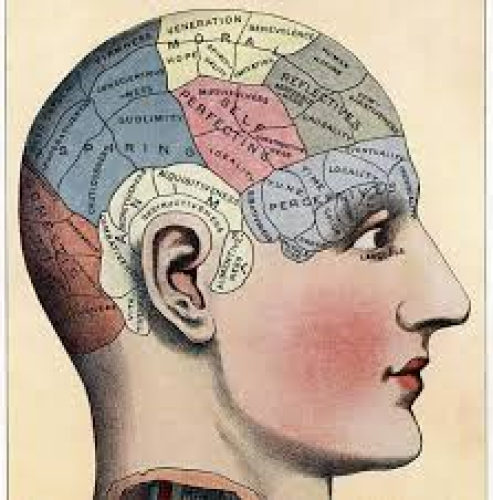 Young or old, we will all need this as some point! Altering just a few of your daily habits can go a long way, protecting your noggin in the process. Even having just one more cup of coffee or one more hour of sleep can keep your mind sharp for years to come.
Young or old, we will all need this as some point! Altering just a few of your daily habits can go a long way, protecting your noggin in the process. Even having just one more cup of coffee or one more hour of sleep can keep your mind sharp for years to come.1. Eat Berries
One study found that eating two or more ½-cup servings a week delayed the onset of Alzheimer's by 2½ years.
2. Drink Caffeinated Coffee
Experts think it has a substance that protects the brain, so aim for 2 to 3 cups a day.
3. Eat Cocoa Powder
The antioxidants in cocoa powder may help boost your thinking skills. Try mixing 1 Tbsp cocoa powder with skim milk, or sprinkle it into coffee. You can also try a square of dark chocolate, but make sure it has a high cocoa content (look for 70% or higher on the label).
4. Eat Omega-3 Fatty Acids
These fats help control inflammation, which is often caused by surges of insulin brought on by eating too many refined carbohydrates. Over time, inflammation can lead to cognitive decline. Eat 2 to 3 servings per week of fatty fish like salmon, or take a fish oil supplement with 1,500 mg of an omega-3 fatty acid called docosahexaenoic acid (DHA) and 500 mg of eicosapentaenoic acid (EPA).
5. Burn Extra Calories Every Day
One study found that older adults who burned 300 more calories each day as a result of any type of physical activity (300 calories equals roughly 30 minutes of jogging) had an almost 90% reduction in the rate of mental decline compared with people who did the least amount of movement. The good news? The research looked at overall activity. Of course, a trip to the gym helps, but so can daily movement like gardening, walking to the store and taking the stairs. The key is finding exercise habits you enjoy and making them as routine as brushing your teeth.
6. Sleep 7 Hours a Night
Research shows that sleeping too much (more than 9 hours) or too little (less than 5) is associated with poorer memory in later life. The biggest surprise? Experts found that sleep patterns in your 50s and 60s can have long-term effects on brain health. TIP: If you're having trouble falling asleep, turn the face of your clock away from you (looking at it when you're trying to drift off can increase stress, making it harder to slumber).
And don’t forget to let me know how you do!..


